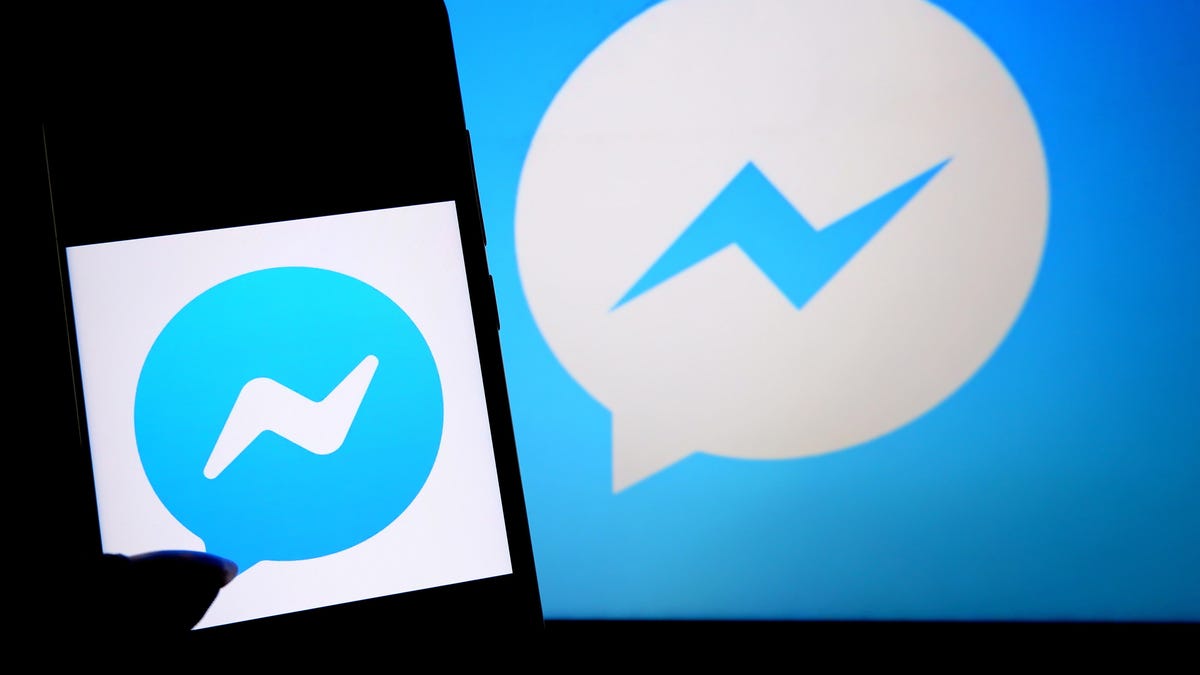Facebook to AG Barr: We won't weaken encrypted messaging
You can't let in law enforcement without opening the door to hackers and criminals, the company says in an open letter.

Facebook won't slow down its plans to bring stronger end-to-end encryption to its messaging apps, like Messenger, executives said in an open letter Tuesday.
Facebook won't back down from its plans to strengthen end-to-end encryption across all its messaging platforms, executives from the company told US Attorney General William Barr on Tuesday.
"The 'backdoor' access you are demanding for law enforcement would be a gift to criminals, hackers and repressive regimes, creating a way for them to enter our systems and leaving every person on our platforms more vulnerable to real-life harm," Will Cathcart and Stan Chudnovsky wrote in a letter to Barr. Cathcart heads Facebook's WhatsApp messaging service and Chudnovsky oversees the social network's Messenger application.
Their letter responded to one Barr sent in October criticizing the social media giant for making law enforcement investigations more difficult by providing encrypted messaging that only the sender and the recipient can read. Facebook also sent executives to testify at a Senate hearing on encryption on Tuesday.
The US Department of Justice didn't immediately respond to a request for comment.
The executives' arguments aren't new. Encryption experts have long argued to lawmakers that you can't let good guys access encrypted messaging without risking that bad guys will gain access as well. This came up most notably when the FBI sought, as part of its investigation into a mass shooting, to force Apple to create computer code that could weaken an iPhone's encryption. But the scope of Facebook's plans to incorporate end-to-end encryption into messaging is bringing the technology even further into the spotlight.
In March, Facebook CEO Mark Zuckerberg detailed in a blog post how end-to-end encryption would become more central to the company's messaging products. Zuckerberg acknowledged that providing this service could give criminals a way to send each other messages that investigators can't read, and promised that Facebook would work with law enforcement to address the situation.
"We are working to improve our ability to identify and stop bad actors across our apps by detecting patterns of activity or through other means, even when we can't see the content of the messages, and we will continue to invest in this work," Zuckerberg wrote.
Cathcart and Chudnovsky's letter Tuesday made clear that such work won't involve weakening the encryption itself. That would put users at risk, they said.
"Our commitment to encryption is a continuation of our commitment to user safety, as encryption vastly reduces incidents of common and serious crimes like hacking and identity theft," the executives said.

